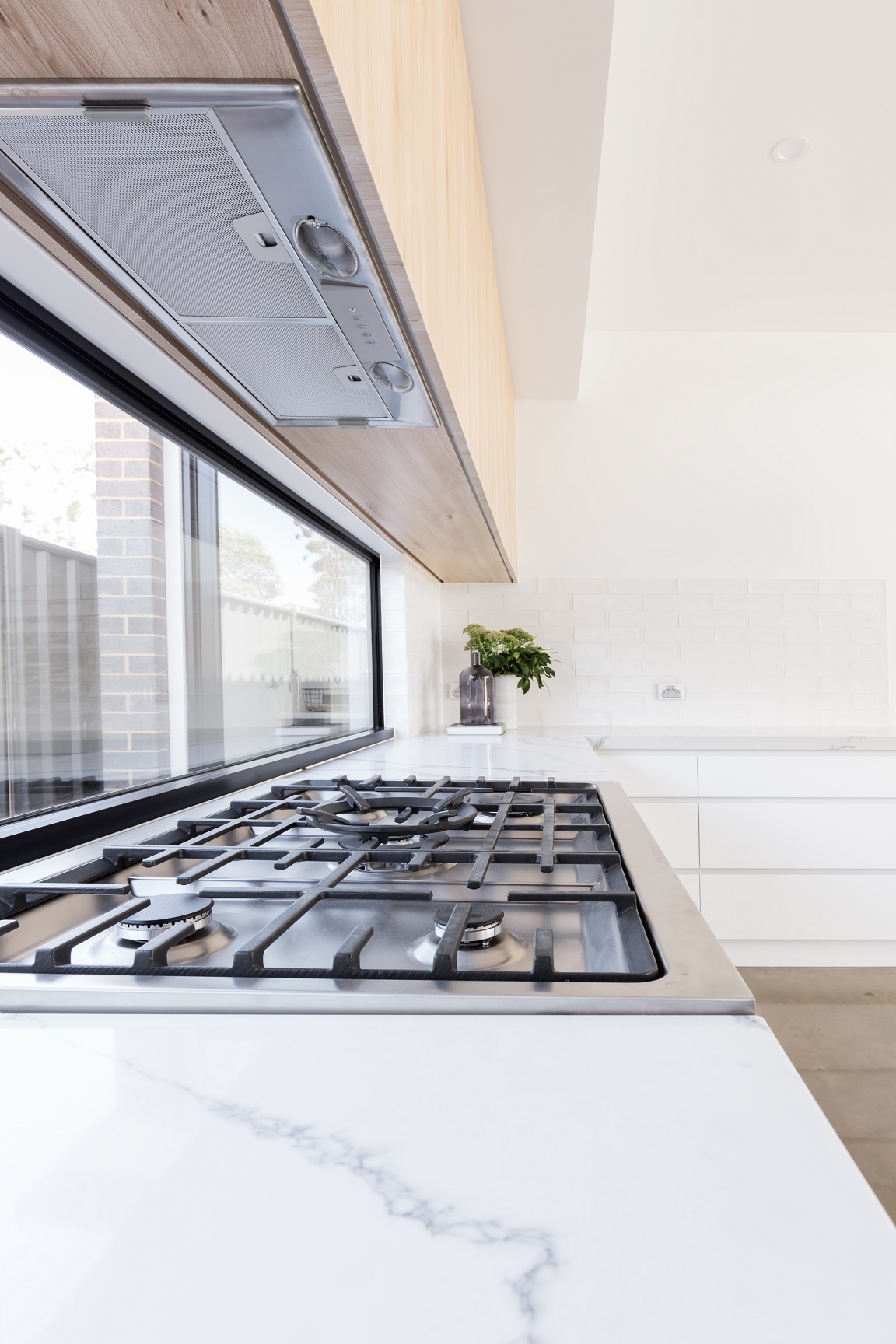Given that apartments typically occupy a smaller footprint than a house, they are generally a lot easier to transform and renovate than houses, particularly if the changes required are cosmetic, rather than structural.
As with most things, it is, however, necessary to do your homework and research thoroughly before committing to any type of renovation project. Check with your committee, body corp or strata manager on the by-laws and legislation relevant to your building.
If you’re a buyer looking to fix and flip an apartment, determine up front who is responsible for what in the building you’re interested in purchasing into, as this will vary from one development to another. That way, you can avoid sinking your own capital into improvements that could be paid for by the strata fund.
Here are some ways to handle the unique challenges you’ll face when renovating an apartment.
Plan more meticulously
With a house, if you have multiple trades working on it at the same time, they generally have more space to move around. They typically have a front and back yard to store all their tools, materials and rubbish. In an apartment, it’s common that none of that additional space is available. So it is more important when renovating a unit to have tighter control over the scheduling of tradies, so that they’re not working on top of each other. By allocating specific dates to each tradie, they will get their job done quicker than they would when having to jostle with other tradies for space to work at the same time.
Permission before demolition
When renovating an apartment, it is not okay (or safe!) to just start knocking walls down. With any significant apartment renovation, avoid unwanted surprises by reading your by-laws and get permission if required. Your plans may need to be submitted to the strata committee and be greenlit before you (or anyone else) can swing a hammer. Getting this approval can take time, so do so as early as possible to avoid additional costs while you’re waiting to commence works. Do also factor potential delays and unforeseen expenses into your overall budget, so you don’t end up running out of funds before your project is complete.
Keep the neighbours happy
Once you have your plans approved, you should inform any neighbours in the building who will be affected that you’re about to commence work. They would certainly appreciate being prepared for it, instead of being suddenly interrupted by drilling, hammering, and tradies piling in and out of the building all day, leaving a trail of mess.

Coordinating and planning any service interruptions is also critical when it comes to keeping the neighbour’s onside. Ideally, arrange to do so at the most convenient time that will cause the least amount of disruption, for example, in the middle of the day while most people are out at work.
Remember, in an apartment you may not be allowed to knock down internal walls, or in some circumstances be allowed to have floorboards with no carpeting if you live above another unit due to noise concerns. These are both things you’ll need to clarify before planning any works.
Before you start fixing up that apartment that needs extensive remodeling, for you and your neighbour’s sake, remember the importance of doing your homework first.
For more insights into apartment living take a look at the common challenges and solutions of studio apartment living, the pros and cons of apartment living, how to handle neighbour disputes and the rules of apartment living.
This story was written by the PICA Group and first appeared on Homely on 14 November 2017
